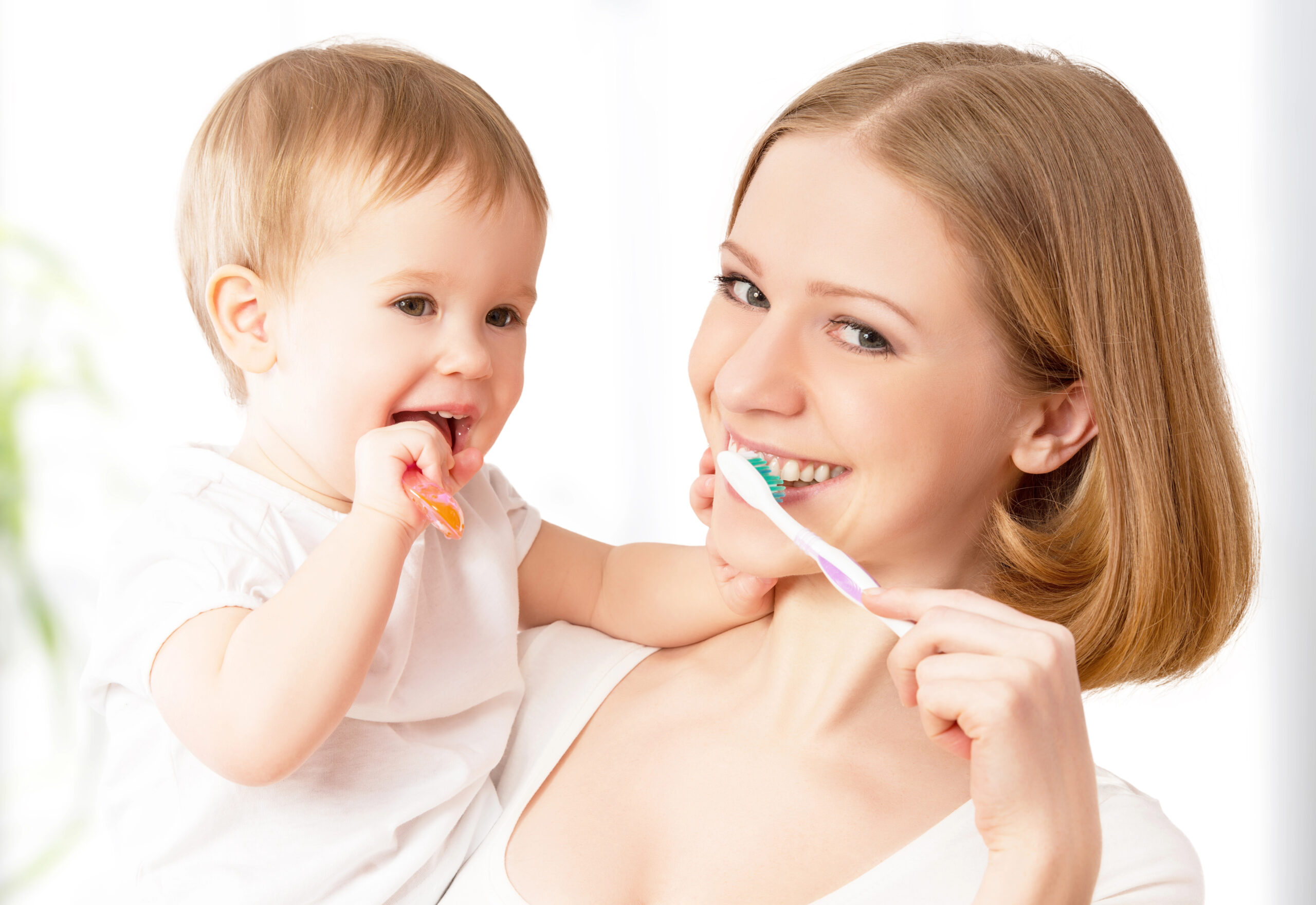Why Baby Teeth Are Important
Many people think of baby teeth as temporary placeholders, destined to fall out and make way for adult teeth. While it’s true that baby teeth will eventually be replaced, they serve a much greater purpose than just filling space in a child’s mouth.
Baby teeth play a crucial role in a child’s overall health and development. From helping with speech and chewing to ensuring proper alignment for adult teeth, these tiny teeth are essential in many ways.
Understanding why baby teeth matter can help parents prioritize their child’s oral health from an early age. In this blog post, the Brandon Smiles Dentistry team will explore the importance of baby teeth, how they contribute to a child’s development, and what parents can do to keep them healthy.
The Role of Baby Teeth in Development
Baby teeth begin to emerge around six months of age and continue to come in until about age three. One of the most important functions of baby teeth is assisting with chewing and digestion.
Properly chewing food is necessary for breaking it down, making it easier to digest and absorb nutrients. If a child has difficulty chewing because of missing or decayed baby teeth, they may struggle to eat a balanced diet.
Speech development is another key area where baby teeth play a role. As children learn to talk, their teeth help them form sounds correctly. Missing or damaged baby teeth can impact pronunciation, leading to speech difficulties that may require speech therapy later on. Ensuring that baby teeth stay healthy can support clear speech development, making it easier for children to learn how to talk.
Baby Teeth Help Guide Permanent Teeth
One of the most important functions of baby teeth is guiding development of adult teeth. As children grow, their jaws develop, and their adult teeth begin to form beneath the gums. Baby teeth act as placeholders, ensuring that the permanent teeth have enough room to come in properly.
If a baby tooth is lost too early due to decay or injury, neighboring teeth can shift into the empty space, leading to crowding or misalignment when adult teeth emerge.
This is why dentists sometimes recommend space maintainers if a child loses a baby tooth too soon. These small dental appliances help keep the surrounding teeth in their correct position, preventing future orthodontic issues that might require braces or other corrective treatments.
The Link Between Baby Teeth and Long-Term Oral Health
Some parents assume that cavities in baby teeth aren’t a big deal since the teeth will eventually fall out. However, tooth decay in baby teeth can lead to serious oral health problems that extend beyond childhood.
Cavities in baby teeth can cause pain and infection, making it difficult for children to eat, sleep, or focus in school. If a tooth becomes severely decayed and needs to be removed early, it can disrupt the natural alignment of the permanent teeth.
Additionally, untreated decay can spread to the surrounding teeth or even the developing adult teeth beneath the gums, increasing the risk of cavities and gum disease later in life.
By prioritizing good oral hygiene and regular dental visits, parents can help prevent cavities and ensure that their child’s baby teeth remain strong until it’s time for them to fall out naturally.
Why Early Dental Visits Matter
Bringing a child to the dentist early in life helps them develop a positive attitude toward dental care. Many children feel anxious about visiting the dentist, but regular checkups from a young age can help them become more comfortable with the experience.
Early dental visits also allow the dentist to catch any potential issues before they become serious. Identifying and treating cavities, misalignment, or other concerns early can save time, money, and discomfort in the long run.
Children who learn the importance of oral care from an early age are more likely to carry good dental habits into adulthood. When parents prioritize regular dental visits and teach their children how to care for their teeth, they set them up for a lifetime of strong and healthy smiles.
How to Keep Baby Teeth Healthy
As we have emphasized, establishing good oral hygiene habits early sets the foundation for a lifetime of healthy smiles. Parents should begin cleaning their child’s mouth even before the first tooth appears by gently wiping their gums with a soft cloth. Once teeth start to come in, brushing twice a day with fluoride toothpaste helps prevent cavities.
Flossing should begin as soon as two teeth touch, and regular dental visits should start around a child’s first birthday or when their first tooth appears. These visits allow the dentist to check for any early signs of decay and provide guidance on proper oral care.
A healthy diet also plays a key role in preventing cavities. Limiting sugary snacks and drinks, encouraging water consumption, and providing a balanced diet rich in fruits, vegetables, and dairy products can help keep baby teeth strong.
Baby Teeth Care at Brandon Smiles Dentistry
At Brandon Smiles Dentistry, we know how important baby teeth are for a child’s overall health and development. Our team is dedicated to providing gentle, compassionate dental care that helps children feel at ease while teaching parents how to maintain their child’s oral health.
If your child is due for a dental checkup, or if you have concerns about their baby teeth, we’re here to help. Schedule an appointment with Brandon Smiles Dentistry today and give your child the dental care they deserve!

